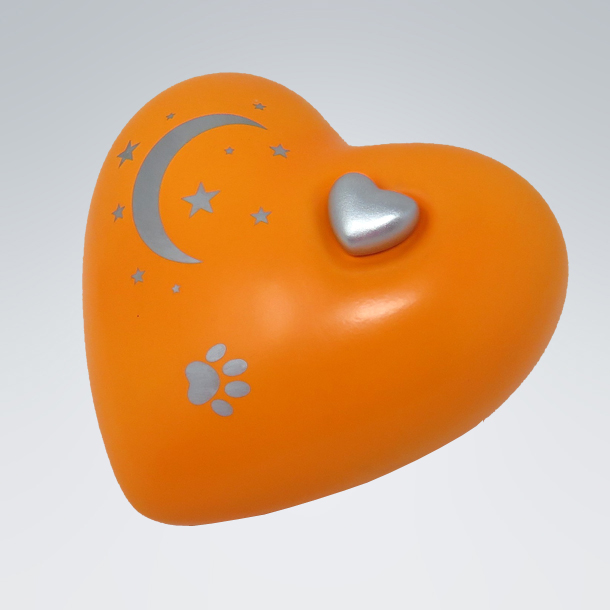

“I have loved the stars too fondly to be fearful of the night.” – Sarah Williams.


”Īs for “don’t let the bed bugs bite” – this was a legitimate reminder for bed bugs were a common pest that destroyed a good night’s sleep for most people in the 1800s. The term “tight” simply refers to sleeping soundly or properly, which Edwin Dwight Babbitt used in his 1874 ditty for children entitled, “ To My Pets. The “sleep tight” expression didn’t appear until well after rope beds were no longer in fashion so it’s highly unlikely that it refers to them. Unfortunately, while it sounds like it makes sense, this origin story is just a popular myth. Tight in “sleep tight” meant ensuring the ropes supporting the mattress is tight to avoid slipping to the floor where people in the 1800s believed bed bugs await to bite the unsuspecting sleeper. One of the most popular phrases is “Good night, sleep tight, don’t let the bed bugs bite.” This expression was originally associated with a popular myth that the words “sleep tight” referred to old beds in which mattresses were held up by ropes. Some of these derivatives have interesting myths and back-stories. While good night is still the most popular before bed phrase, there are several others that people use as well. A tradition that has carried on to this day. Since then, good night and similar expressions have been shared between loved ones before going to bed. There is no one universally accepted beginning though.Īt the end of the day, most believe that people have been wishing each other a pleasant evening or sleep well or good night from the moment they realized how important sleep was to a person. There are many that exist in many different cultures. There are also stories of the phrase “good night” as far back as Greek mythology. Because of this, the good night expression rose as a way of being able to say goodbye properly to loved ones in case of untimely death in the night. However, there are some interesting stories that say that during medieval times when health was more precarious, people would often die in their sleep. No one can truly trace the exact origin of the expression and most people accept that it was created as a way of saying goodbye for the day and wishing someone a pleasant night of sleep. Whether it began by accident or was created specifically as an evening greeting is difficult to pinpoint. People have been saying good night (and good morning) for as far back in history as we can remember.


 0 kommentar(er)
0 kommentar(er)
